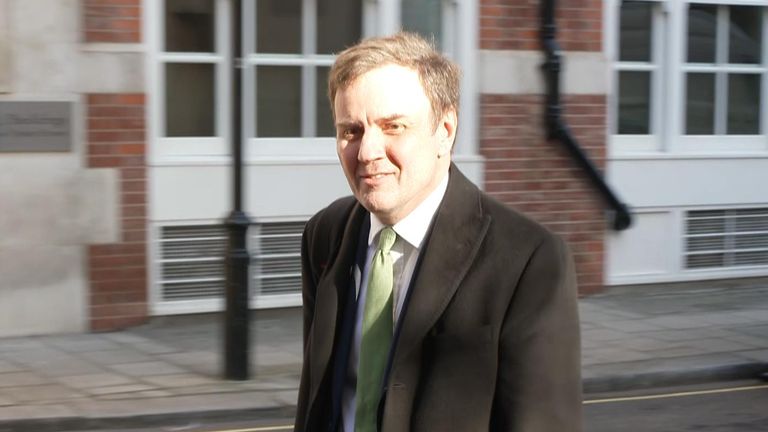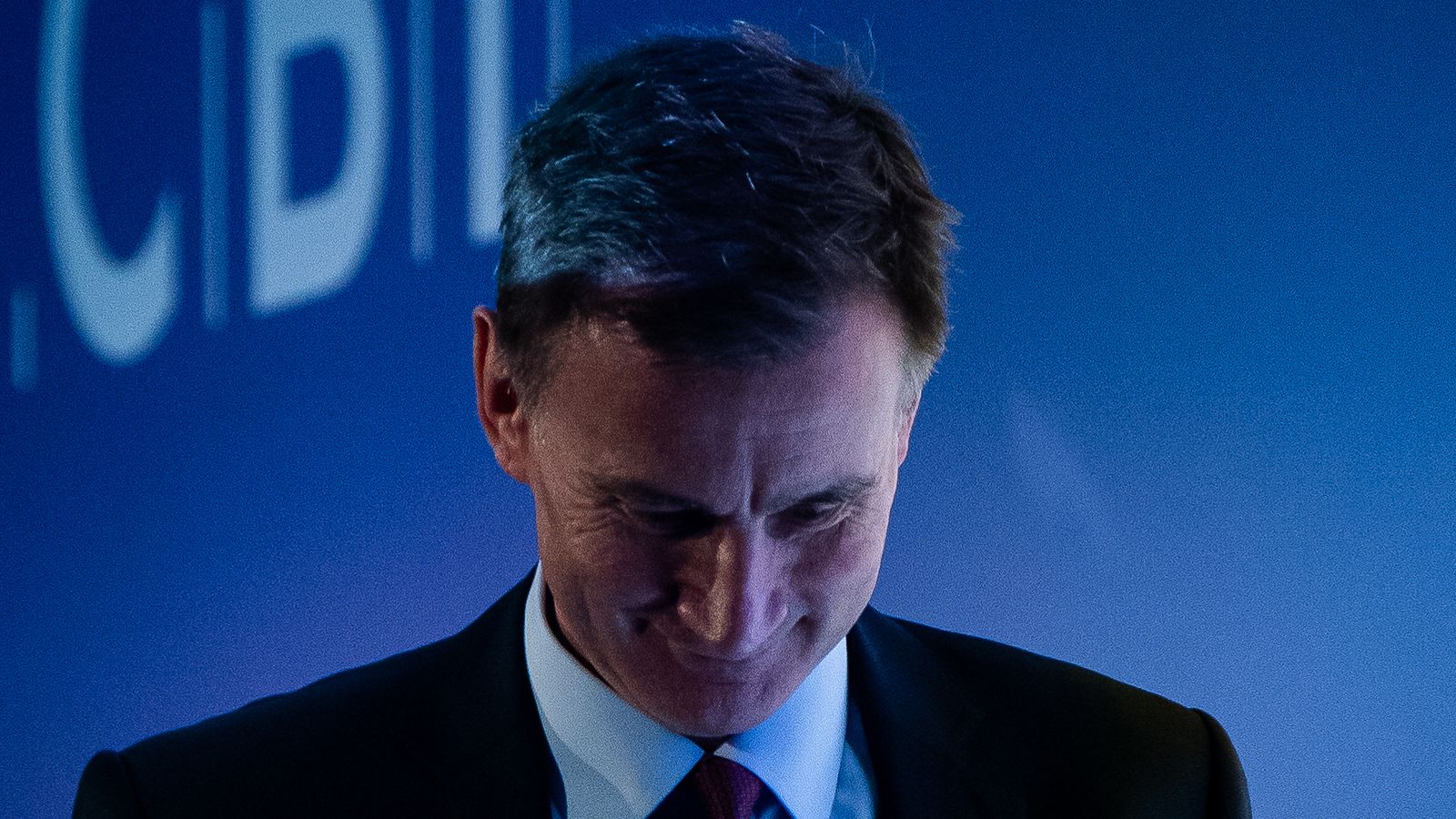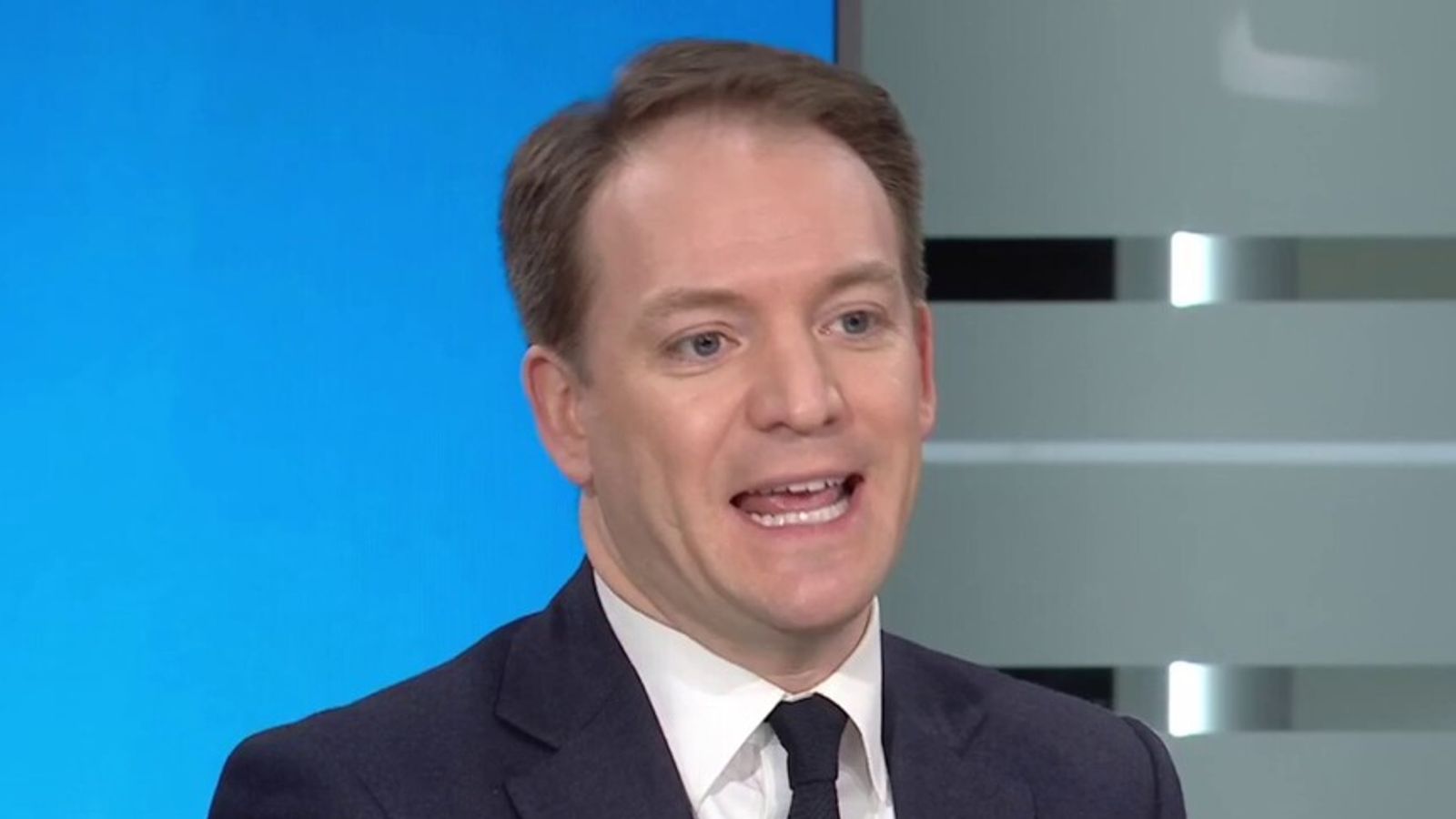Reshuffle day, and as we watched familiar names slot into slightly less familiar job titles with, let’s be honest, limited short-term real-world consequences, we did learn one big and important thing: That Rishi Sunak has yet more personal priorities.
Just to recap for those not quite across the full list: The prime minister regularly tells us of his five “key” priorities – inflation, growth, debt levels, NHS waiting lists and small boats.
In the autumn statement Mr Sunak’s chancellor, Jeremy Hunt, put school budgets alongside the NHS as a funding priority.
Politics live: Rishi Sunak announces cabinet reshuffle
Four further promises – safer streets, the environment, supporting the military and levelling up – were mentioned on the steps of Downing Street when Sunak first arrived as PM.
Then five weeks later, in December in the Commons, he said that the Union is a priority for all of his government.
Now we can add two further Sunak priorities: Energy security, and digital and science policy, each of which Mr Sunak has decided require a new Whitehall department in order that they get sufficient attention from the government machine.
That a Whitehall “Machinery of Government” change – as the rebranding and reorganisation of government departments is known – should be seen as the answer to any question right now may come as a surprise.
The only specific question that Mr Sunak needed to answer today is who should replace sacked party chair Nadhim Zahawi.
The answer today could simply have been to put Greg Hands into Mr Zahawi’s old job – with Lee Anderson who recently described the government as like the “Titanic” a punchy choice of deputy – but instead he decided to rewrite Whitehall’s inner workings.
This reorganisation could be seen as providing a new sense of drive and purpose within government.
Such is the priority Mr Sunak ascribes to reinventing science and digital policy, he wanted to install Michael Gove – one of the most experienced cabinet hands – in the role, but after conversations with proxies, it emerged Mr Gove wanted to resist and stay put in charge of levelling up.
Michelle Donelan – one of the least experienced – got the job instead.
But the issue of personnel is arguably secondary to today’s changes, which are typically the act of a new administration a long way from an election, rather than something that happens 18 months out from the most likely polling day.
This is because changing the deckchairs in Whitehall – rather than simply moving around cabinet ministers – is a phenomenally complex, expensive thing to do which often backfires in the short term.
According to the Institute for Government, the direct costs of creating a new department start at £15m, with a further estimated cost of up to £34m when including loss of productivity as staff adjust to the new organisation.
Then there are the testimonies of ministers at the sharp end of such reorganisations.
Read More:
Dominic Raab in the spotlight: What has led to the deputy prime minister being investigated
The U-turns and scandals of Rishi Sunak’s first months as PM
On arriving at the new Brexit department in 2016, its first secretary of state David Davis said it was “terrible – chaos, really. Chaos for a variety of reasons.”
He added that he “found out later – I didn’t know at the time – but I found out over the course of the next year or so, that a significant number of talented young civil servants wanted to come and work in the department but were told by their permanent secretaries: ‘Don’t, I’ll give you a better job here’.”
Or Johnny Mercer, who was given a new veterans brief merging parts of other departments, said it was a “disaster – essentially, both departments – the MoD and the Cabinet Office – then didn’t take responsibility for it.”
Click to subscribe to the Sophy Ridge on Sunday podcast
That’s why the Institute concluded most changes are rushed through either to send a political signal or to reward allies and can end up causing confusion and the hassle of setting up a new organisation distracts from the problem the government wanted to solve.
Today we have three new or substantially reorganised government departments, as well as one new cabinet minister and two new priorities.
The public will now wait to see what is delivered.







